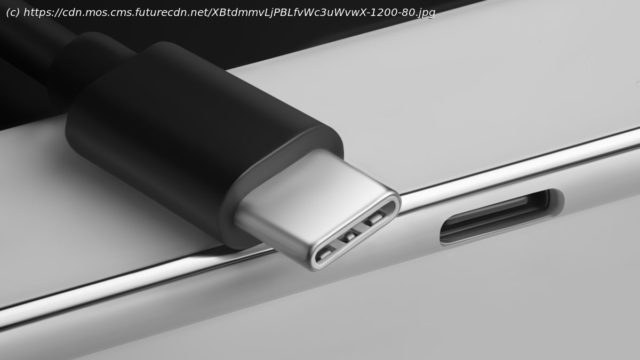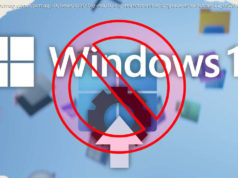USB-C is long overdue in Apple smartphones and once it finally arrives (possibly in 2023, definitely in 2024) your music can sound a lot better.
USB-C ported iPhones are coming; that’s all but certain. When, exactly, is still up for debate, but the EU says Apple must add USB-C charging ports to iPhones from 2024, and even though the UK won’t actively follow the EU in enforcing this demand, it won’t matter. The EU has mandated one USB-C charger to rule them all from Apple, and Tim Cook’s behemoth has been given an official two-and-a-half year deadline in which to achieve it. Add to this certain controversial reports claiming that the iPhone 14, due to launch in September, will be the last iPhone to sport Apple’s proprietary Lightning connector and it seems Apple’s 2023 iPhone 15 (and even the long-rumored folding iPhone, if it materializes) could be getting USB-C – even less of a wait! Lightning first struck in the 2012 iPhone 5 and I, for one, will not be mourning its departure. Yes, the USB-C ports are marginally wider and thicker than Lightning connections (8.4mm x 2.6mm compared with 6.7mm x 1.5mm) but it’s hardly noticeable in the weights or measurements of Android phones now, is it? Why is Apple’s enforced ditching of Lightning for USB-C something you should be excited about? Several reasons, including potentially snappier charging (which will only improve with the arrival of USB-C 2.1) and improved data transmission speeds, because USB-C provides a higher power delivery rate than Lightning and delivers a speedier charge under the same voltage. If that’s all you need to know about data transfer, move to the audio paragraphs below, friend! But if you want to get to the nitty-gritty of USB-C’s power-handling, strap in: Lightning supports a maximum current of 2.4A, but USB-C carries 3A with support for up to 5A, because Lightning devices transfer data at USB 2.0 speeds, which is 480Mbps, while USB-C can currently transfer data at USB 3.0 (using protocol USB 3.






